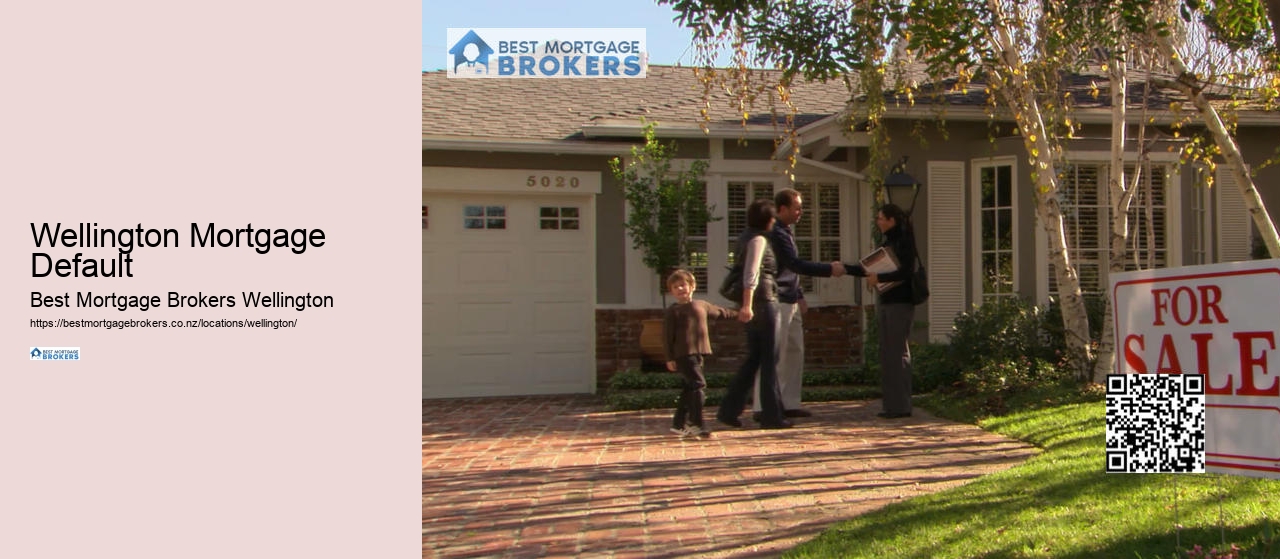

One essential step in comparing mortgage offers is to calculate the total cost of each loan over its entire term. This involves factoring in not only the interest rate but also any points, fees, and other charges associated with the loan. By doing so, we can accurately assess the overall affordability of each offer and determine which option best fits our budget.
Some loans may offer features like the ability to make extra payments or adjust the payment schedule, providing us with greater control over our finances. Evaluating these options allows us to tailor the mortgage to our individual needs and preferences. mortgage
Working with a reputable mortgage provider can offer peace of mind and ensure a smooth borrowing experience. By comparing offers from trustworthy lenders, we can feel confident in our choice and move forward with securing the mortgage that's right for us.
Refinancing presents several key benefits that can significantly impact your financial well-being. First and foremost, refinancing can lead to lower monthly payments by securing a new loan with a lower interest rate than your current mortgage.
This reduction in interest rates can translate to substantial savings over the life of the loan. Additionally, refinancing offers the opportunity to switch from an adjustable-rate mortgage to a fixed-rate mortgage, providing stability and predictability in your monthly payments. This can be particularly advantageous in times of economic uncertainty when interest rates are expected to rise.
Furthermore, refinancing can also be a strategic tool for consolidating debt. By tapping into your home equity through a cash-out refinance, you can pay off high-interest debts, such as credit cards or personal loans, and streamline your monthly payments into a single, more manageable installment.
Let's discuss how to make the most of your home equity to achieve financial goals efficiently. Maximizing home equity can be a strategic way to leverage the value of your property for various financial purposes.
These options allow homeowners to borrow against the equity in their home for things like home improvements, debt consolidation, or other major expenses. Another way to maximize home equity is by making extra payments towards your mortgage principal.
By reducing the principal amount, you can build equity faster and potentially shorten the term of your loan. Additionally, increasing the value of your property through renovations or upgrades can also boost your home equity. Improving the overall condition and appeal of your home can lead to a higher appraised value, increasing your equity in the process. mortgage advice
By staying informed about the real estate market, you can make strategic decisions that positively impact the value of your home. Overall, maximizing home equity requires proactive financial planning and smart utilization of available resources.
It's crucial to understand the terms of your mortgage, including interest rates, repayment schedules, and potential hidden fees. One common mistake to avoid is rushing into a mortgage without fully comprehending the financial implications.
Another mistake to avoid is overextending yourself financially. While it may be tempting to reach for a more expensive property, it's important to stay within a budget that you can comfortably afford.


Failing to do so can lead to financial strain and potentially put your home at risk. home loans Additionally, it's essential to maintain a good credit score throughout the mortgage process. Your credit score plays a significant role in determining the interest rate you qualify for.
Understanding the importance of mortgage insurance is crucial for protecting your investment in the event of unforeseen circumstances. Mortgage insurance is a financial product that helps safeguard lenders from the risk of borrowers defaulting on their mortgage payments.
Mortgage insurance can come in different forms, such as private mortgage insurance (PMI) for conventional loans or mortgage insurance premiums (MIP) for FHA loans. Having mortgage insurance in place provides a layer of protection for lenders, allowing them to approve loans for borrowers who may not meet the conventional 20% down payment requirement.
In the unfortunate event that you are unable to make your mortgage payments, mortgage insurance can help cover the lender's losses. This protection ensures that you won't lose your home to foreclosure and helps maintain the stability of the housing market.
It's essential to understand the terms and conditions of your mortgage insurance policy to know what is covered and how to make a claim if needed. Working with a knowledgeable mortgage advisor can help you navigate the complexities of mortgage insurance and ensure that you have the right coverage for your specific needs. Navigating credit challenges can be a daunting task for individuals seeking to secure a mortgage for their dream home.

These options often come with higher interest rates or additional requirements, so it's crucial to weigh the pros and cons carefully. Working with a knowledgeable mortgage broker can help you explore all available options and find a solution that fits your financial situation. By addressing credit issues proactively, you can enhance your prospects of securing a mortgage for your ideal home.
Mortgage term refers to the length of time over which you agree to repay your home loan. The most common mortgage term lengths are 15, 20, or 30 years, but there are other options as well. Each term length has its pros and cons, so it's essential to choose one that aligns with your financial goals and circumstances.
On the other hand, a longer mortgage term, like 30 years, offers lower monthly payments but results in higher interest costs over the life of the loan. It's important to strike a balance between a term length that fits your budget and one that helps you build equity in your home efficiently.
This flexibility can be beneficial if you want to tailor your mortgage to better suit your financial situation. Consider consulting with a mortgage advisor to determine the best term option for your specific needs and goals. financial analysis
The down payment is the initial amount you pay upfront towards the purchase price of your home. Typically, the larger the down payment, the lower your loan amount will be.

The best bank for a mortgage loan depends on your specific needs and financial situation. Our brokers can guide you in comparing offerings from different banks to find the mortgage that aligns with your goals.
Yes, our brokers are skilled negotiators who can advocate for favorable mortgage rates on your behalf. They will leverage their relationships with lenders to secure rates that best suit your financial needs and goals.
The difficulty in obtaining a mortgage can vary by location and economic factors. In some areas, high demand and housing prices may make it challenging to secure a mortgage. Consulting with a local mortgage broker can provide insights into regional challenges.